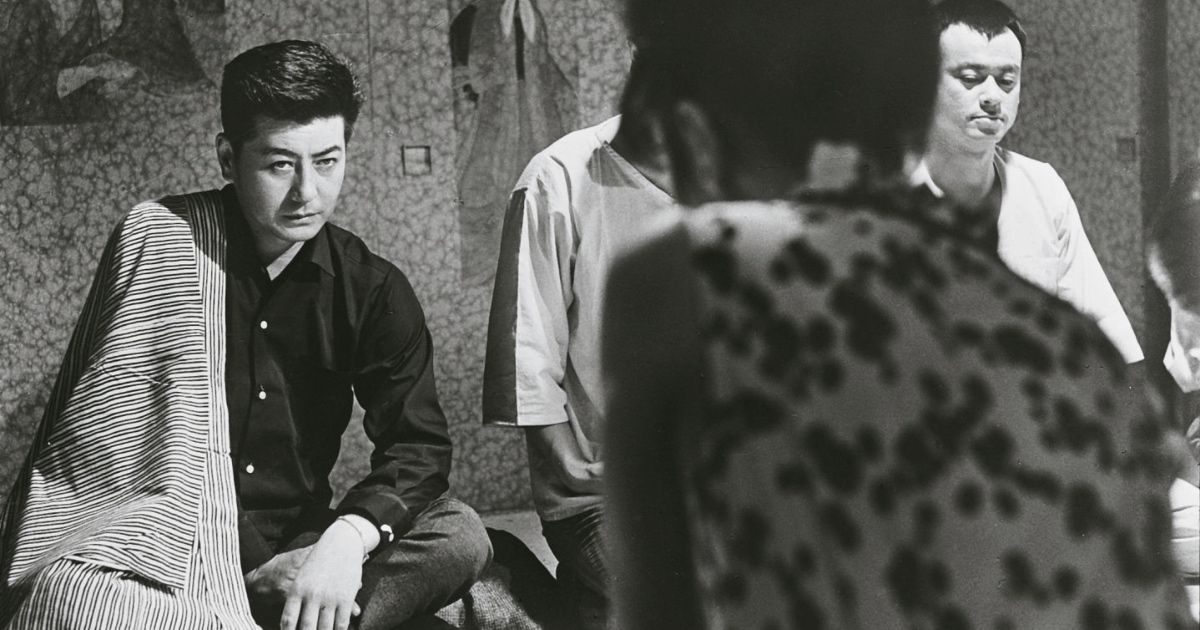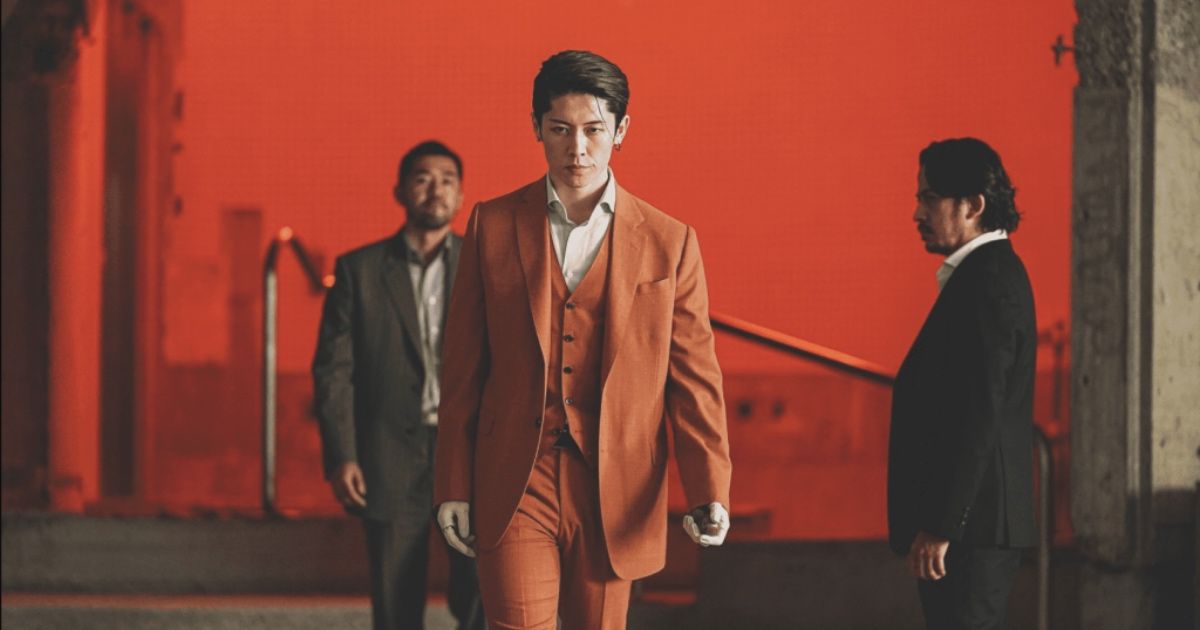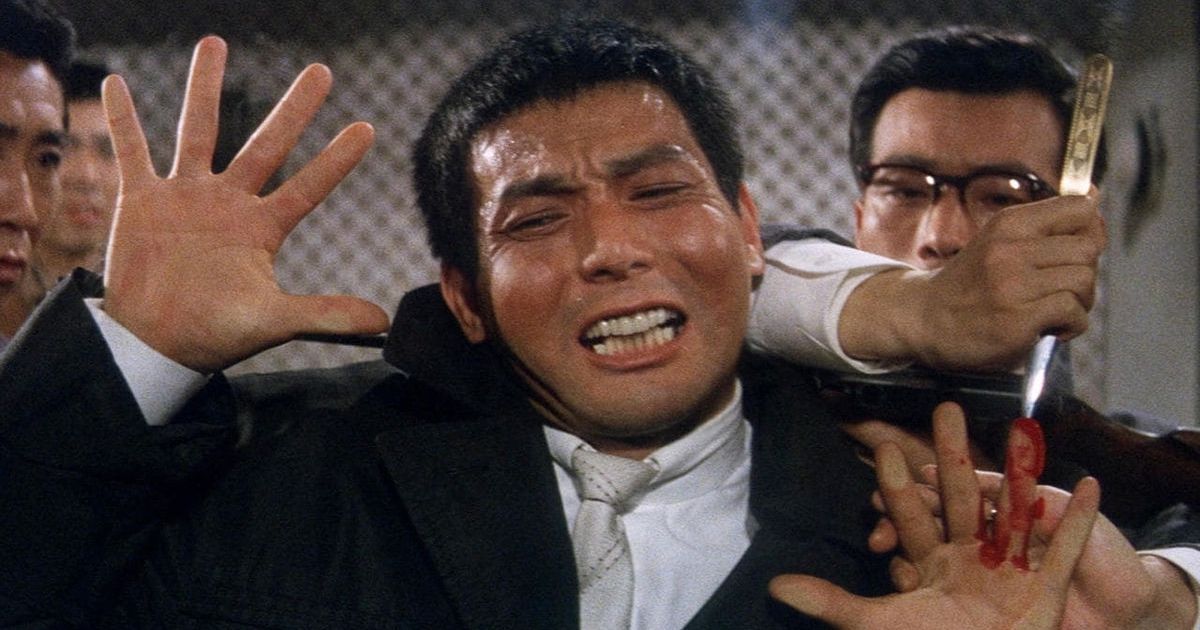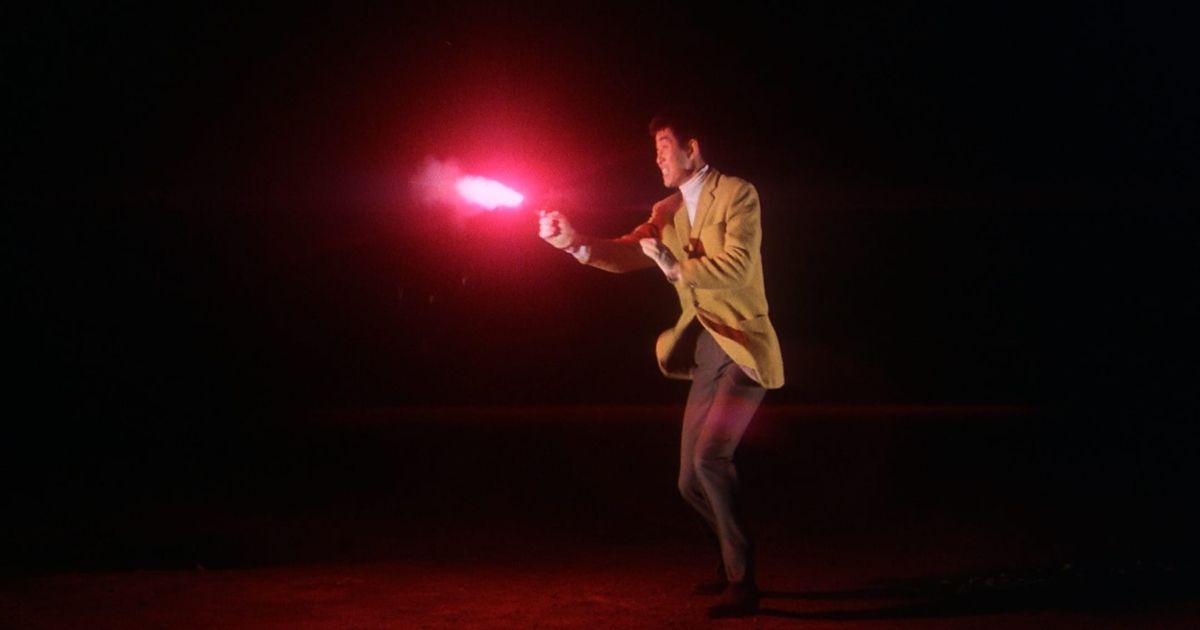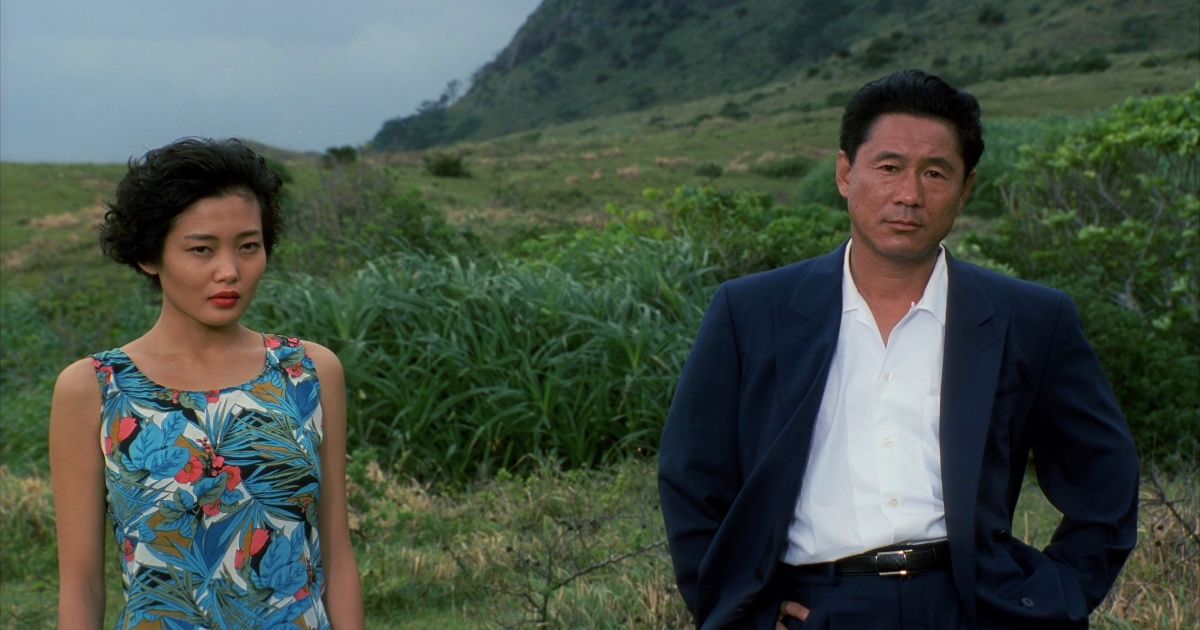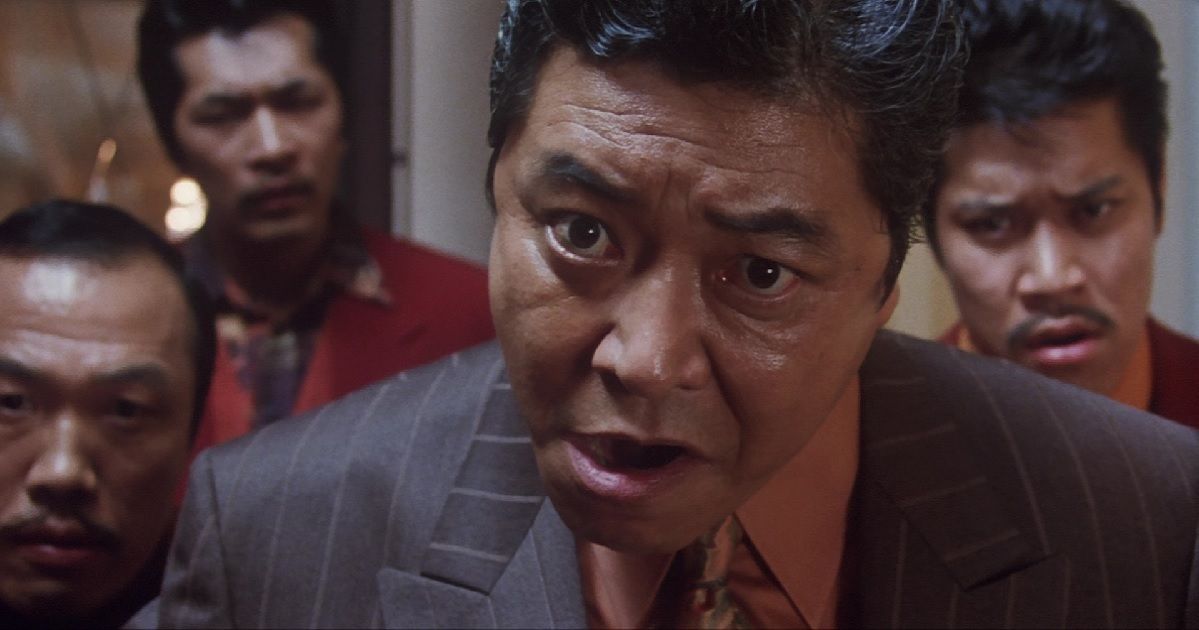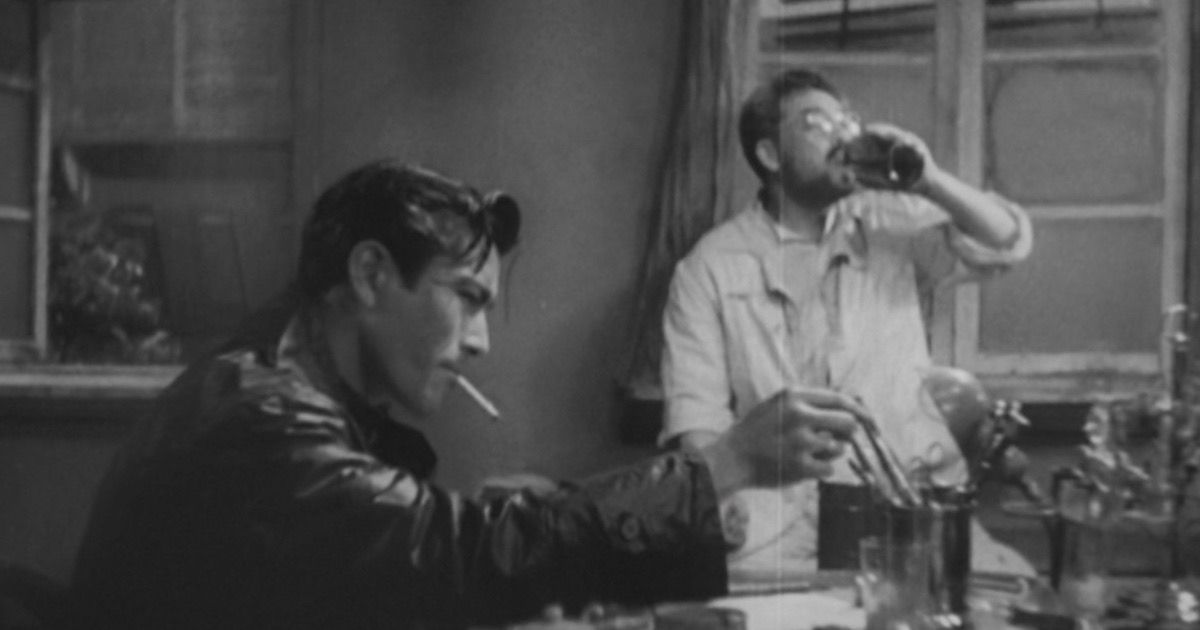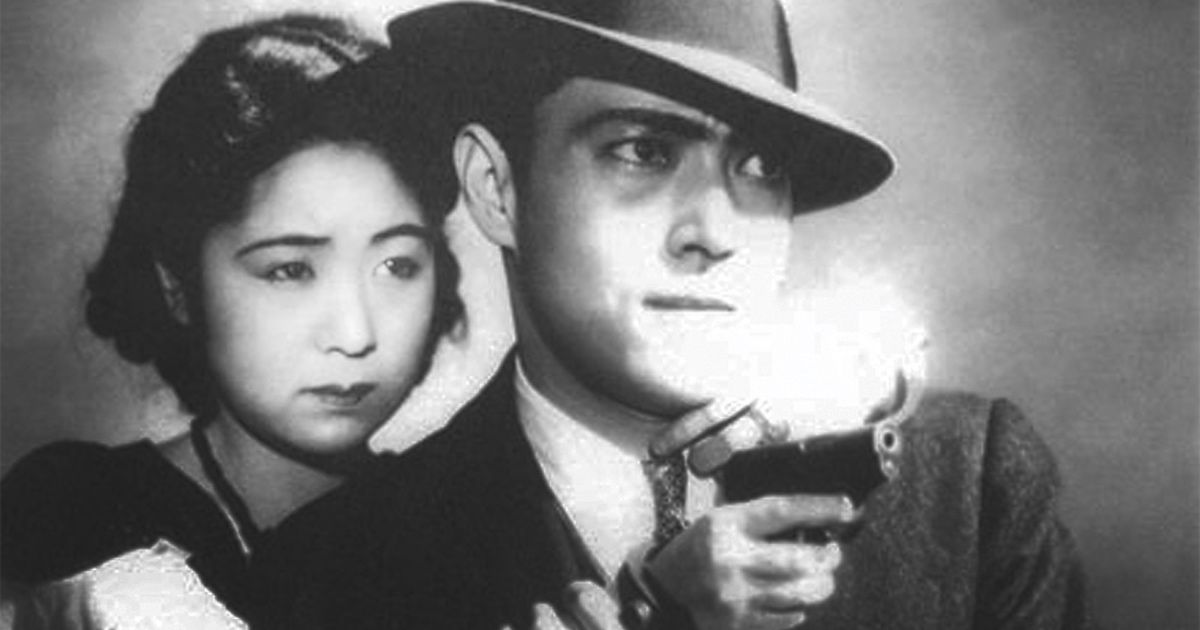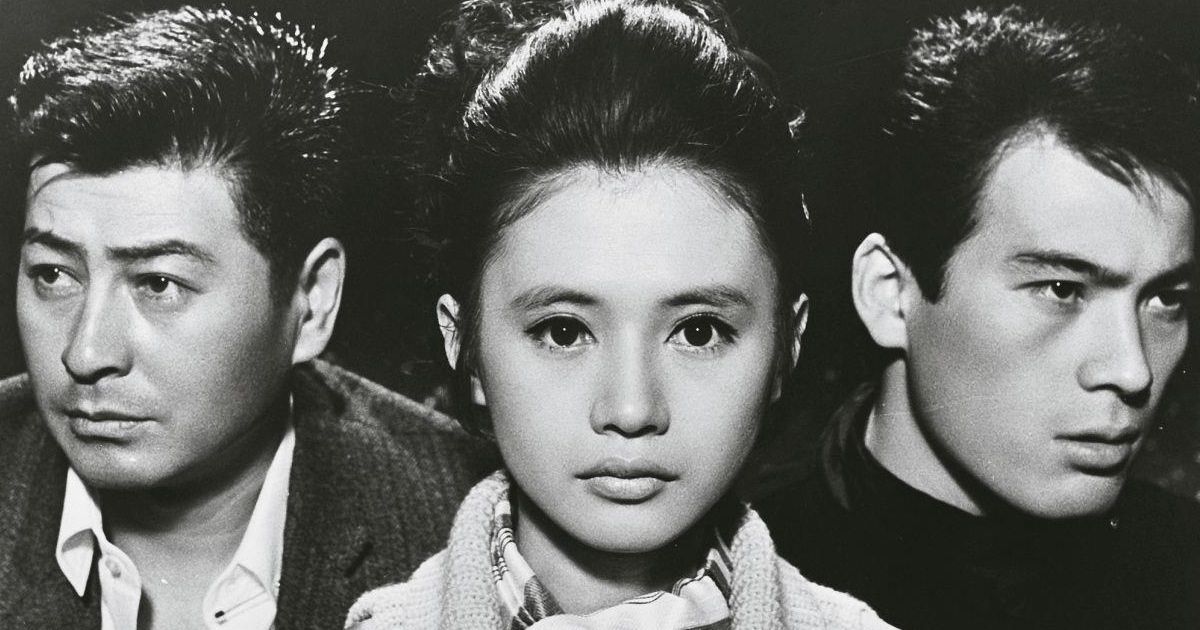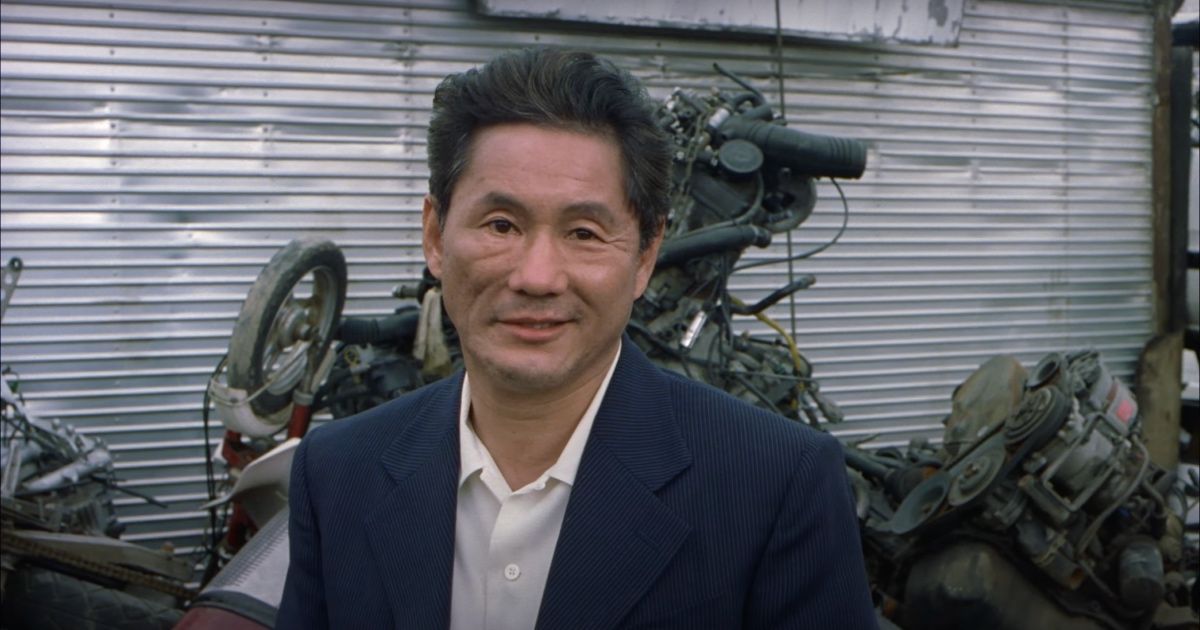When one tends to think of Japanese literature and movies, one of the bigger concepts that might come to mind are the yakuza, or the Japanese version of the mafia. The yakuza have been around in Japan for centuries, and their origins have been traced to almost 500 years ago now. And while these gangsters might still be seen on the streets of Japan today, marked by society’s disdain for tattoos and clothing deemed “gangster-like,” they have become mythologized through entertainment and arts of the country.
Gangster movies from the small island country have been a staple in post-war Asian cinema, making some of the most prolific directors of the region tap into the genre to make a point about society or using violence as a tool of narrative structure. Certain Korean directors, like Park Chan-wook, have also done this, setting up parallels across East Asia on crime and who constitutes as a gangster across the region’s national film industries.
In Japanese cinema, there’s even an entire genre dedicated to exploring the lives of such people, showing that despite an overall disdain appearing on the surface towards such individuals, people still want to learn about them in fictionalized takes. Some of the biggest directors from Japan have even covered this ground repeatedly. That said, here are some of the best Japanese gangster movies.
12 First Love
Released in 2019, First Love shows what happens when someone gets tangled up with the world of crime unintentionally. Its protagonist is Leo, a boxer trying to make a living by working at a Chinese restaurant on the side. He soon finds out that he has a terminal brain tumor and won’t be living much longer. At the same time, a girl named Yuri gets caught in the affairs of the yakuza, and when they try to take advantage of Yuri and her situation, Leo ends up meeting her and helps Yuri out with her many problems.
11 Hell Dogs
Hell Dogs isn’t for the weak hearted, as it gets straight to its gory elements and then hangs onto them throughout the rest of the movie. The film is about a former police officer with a boatload of trauma deciding to go undercover with the yakuza. He’s got a solid reason for wanting revenge against certain people, and when he decides to take on this mission, he decides he needs to get close specifically to one of the most unhinged members of the yakuza. Hell Dogs is unconventional at times, but it gets the job done in quite a captivating way.
10 Brother
Takeshi Kitano starred in and directed 2000’s Brother, where he portrays yakuza enforcer Yamamoto. When his entire family and boss is wiped out by their rivals, he, along with the other survivors, are forced to make the decision whether to join those who conquered them or die. Yamamoto decides he will do neither, and takes his associate to Los Angeles. There, he discovers his half-brother is running a drug ring, and Yamamoto seamlessly fits himself into his half-brother’s operations until his past comes knocking at the door.
9 Youth of the Beast
Crime movies have been around in Japan for a long period of time now, and Youth of the Beast is one of the earlier examples of how these movies existed and evolved. A former police detective, who was fired for embezzlement, is released from jail at the start of the movie, and he realizes his partner might’ve been killed off by the yakuza, although his death has been ruled a suicide. After promising his partner’s wife that he’ll get to the bottom of this, so begins a story where he tries to infiltrate the yakuza and figure out the extent of their crimes. However, this will be no easy task.
8 Tokyo Drifter
Tokyo Drifter came out in 1966, and was directed by Seijun Suzuki. After a yakuza boss decides it’s time to hang up the towel and wrap up his business in the crime world, one of his enforcers, Tetsuya, simply cannot find his life involving simplicity. Another gang tries to recruit him, and when others start to send hitmen to try and take him out before he does anything that can harm him, Tetsuya realizes that loyalty in this world is a tough concept, and that for some, it simply only exists in words versus actions.
7 Sonatine
Takeshi Kitano came out with Sonatine in the early-90s, and it is the movie that brought him to international recognition. He also stars in the movie as Murakawa, who works for the yakuza as an enforcer. Murakawa is tired of living life as a gangster and yearns for something more than what he’s actually doing, and when he’s sent in a suspicious mission by his boss, he realizes that there might be a plot afoot to get him out of the way. When the group is ambushed, they take refuge by the sea, where they play games to try and pass the time.
6 Minbo: The Gentle Art of Japanese Extortion
Minbo: The Gentle Art of Japanese Extortion came out in theaters domestically in 1992, and was one of eleven films that were released by director Juzo Itami. The film is considered a satirization of the yakuza, who did not appreciate this depiction of them — Itami was then targeted by them because of how he made these decisions with the film.
An owner of a local hotel in Japan desires to turn it into a spot for diplomats and international meetings, but much to his chagrin, the yakuza has become fond of it. He decides he needs to eliminate them from the hotel to proceed with his plans, but that’s better said than done in the initial stages.
5 Outrage
2010’s Outrage is yet another Takeshi Kitano movie, showing his dominance on the global stage when it comes to making Japanese yakuza movies. At a banquet hosted by a yakuza leader, two higher-ranking yakuza members and leaders go off to the side and voice how unhappy they are with certain decisions. After this event, more tensions are brimming between the opposing sides, shattering the illusion of peace that was initially presented at the opening banquet. The film originally has its premiere at the Cannes Film Festival back in 2010.
4 Drunken Angel
Before Akira Kurosawa became the celebrated director he is today, he released movies like Drunken Angel in post-war Japan, which was rebuilding after World War II and the new occupation in place by the Americans. Takashi Shimura portrays Sanada, an alcoholic and a doctor who is treating a member of the yakuza (Toshiro Mifune). He realizes the man in front of him has tuberculosis, and that kickstarts the pair’s friendship beyond doctor and patient. But when the yakuza member slips back into his old habits, it sparks another round of poor health. The film came out in 1948.
3 Dragnet Girl
Dragnet Girl was released in Japan during 1933, only a few years before World War II began to pick up steam in East Asia. It’s a silent movie by the famed director Yasujiro Ozu, and tells the story of a girl who is dating a gangster. When a new, young member joins the gang, complicated love triangles begin between them. As the drama increases between these interpersonal relationships, the world of crime and deciding not to do the good thing looms over these characters, ultimately serving as a reminder how gangs can permanently mess up people’s lives.
2 Pale Flower
After being released from prison, the protagonist of Pale Flower, Muraki is returning to all the places that he used to frequent. He was jailed for murder, but when he returns to the gambling dens, he meets a young woman who wants to find something thrilling within her life. The two of them continue meeting, and he begins to serve as a mentor for her, but when he comes to terms that she might become the source of her own destruction, it forces him to realize that their relationship might not be the healthiest either.
1 Hana-bi
1997’s Hana-bi is one of Takeshi Kitano’s more well-known movies, but still an underrated gem in the mainstream discussions about crime movies. A former police detective spends his days in retirement taking care of his ill wife, and in order to afford her treatment for leukemia, he has to borrow money from the local yakuza. However, when he can’t pay back these loans, it’s going to cause major problems for him and his family — thus he decides to make some drastic decisions in order to get the money, putting him into a life of crime whether he wants to or not.
This story originally appeared on Movieweb

